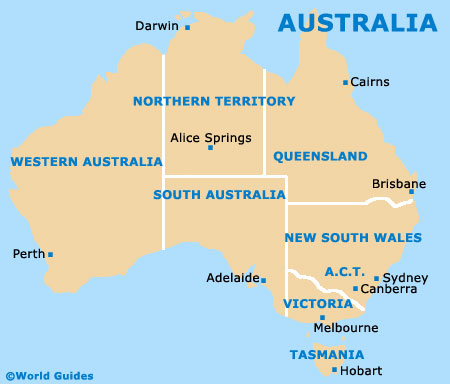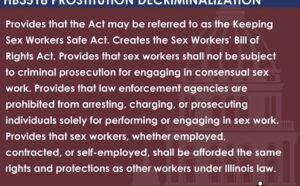Some sex workers have spoken out against moves to impose more controls on their trade.
Feminists, commentators and academics are advocating that Australia follow some other countries by making it illegal to buy sexual services. But sex workers have told AM that that’s the wrong way to go and they want the trade decriminalized altogether.
Reporter: Simon Lauder
Speakers: Ryan Cole, sex worker; Jane Green, sex worker
SIMON LAUDER: Last night dozens of sex workers and their supporters rallied outside Melbourne’s state library. Ryan Cole was the first to take to the loudspeaker.
RYAN COLE: I work on the streets, privately and in brothels. I travel around for work, mostly between Sydney and Melbourne and Adelaide.
SIMON LAUDER: When Ryan Cole is in Melbourne she works on the streets of St Kilda, where she has to evade the police. Street based sex work remains illegal in most states and territories.
RYAN COLE: So there’s two current police operations in St Kilda. There’s police posing as sex workers to arrest or hassle our clients and then police also harassing and arresting sex workers.
SIMON LAUDER: And you’re saying that it puts sex workers at greater danger. How’s that?
RYAN COLE: Because we have less time to negotiate because the police could come past at any time so we either have to get in cars, you know, everyone’s a bit on edge because we’re looking out for the police. We often have to go to places further away because the police are driving around the areas that we like to work in. Most know that we can’t report crimes to the police without risking being arrested or charged ourselves for doing sex work.
SIMON LAUDER: Sex worker Jane Green says the rest of Australia should follow the example of New South Wales, which is the only state in Australia where street prostitution is legal.
JANE GREEN: We have decriminalization also in New Zealand, which is where I’m from, and it’s been there for quite some time.
I think there are myths that people have; this idea that the sex industry is suddenly going to explode, double in size, or that organised crime is going to come in. All of those things have been shown not to be the case.
SIMON LAUDER: Just as these sex workers are campaigning for decriminalisation, there’s a push by some feminists and academics to criminalise the trade in another way. They want Australia to follow Sweden, making it illegal to pay for sex. An advocate of that model spoke up after witnessing the rally.
MAN: Yeah, I just heard this, it’s quite interesting. We live in Sweden, I’m actually for Australia, and they have a different model there. So I’m curious why Australia doesn’t develop that sort of model where only the person who buys the sex is charged and the girl or the guy who sells the sex isn’t charged.
It’s basically strengthened the rights of the women to be able to come forward if anything happens to them violent or anything like that.
JANE GREEN: Absolutely not. The Swedish model – you cannot criminalize any part of the industry without criminalizing our work.
MAN: Well I don’t think that anything about prostitution should be an illegal act. That’s my personal opinion.
JANE GREEN: Excuse me, sex work is the term. You’re using an epithet to refer…
MAN: I’m not here to disagree with you, darling.
JANE GREEN: Don’t call me darling. That’s patronising.
TONY EASTLEY: Sex worker Jane Green in Melbourne; the reporter Simon Lauder.
Source







 TrafficHolder.com - Buy & Sell Adult Traffic
TrafficHolder.com - Buy & Sell Adult Traffic
A revealing report, I think. Once again we see the reflexive need of party-line feminist activists to engage in language and tone policing.
Feminist sex worker rights activists: alienating allies since forever.
You can expect the APF crowd to keep beating the drum for new criminalization schemes until their last breath.
Having abandoned women’s issues concerning reproductive choice and equal pay for equal work, porn is what gets them up in the morning.